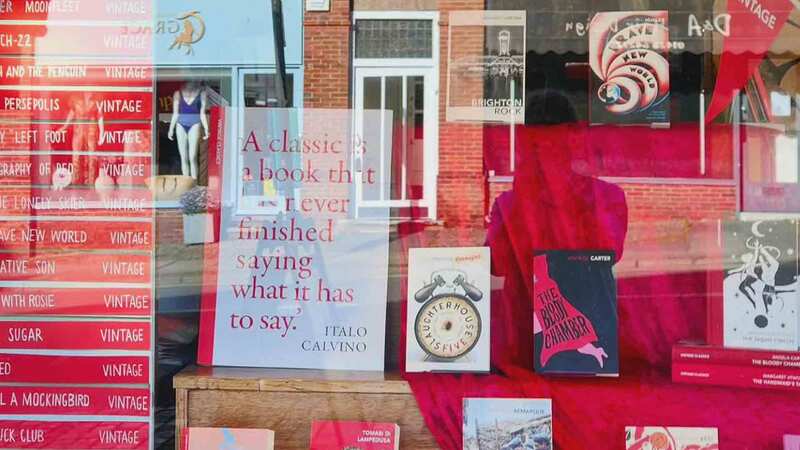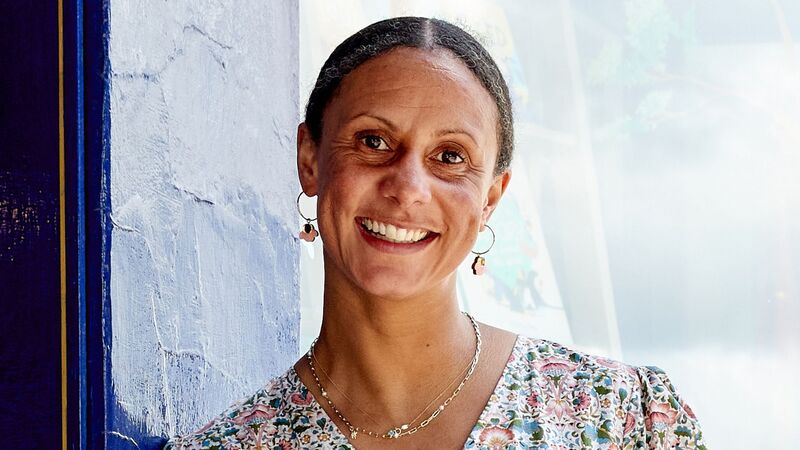You are viewing your 1 free article this month. Login to read more articles.
Bookshops 'vital' for high street regeneration, study finds
Bookshops are playing a "vital" role in the recovery and regeneration of high streets in towns across the UK and Ireland, early findings from a survey have found.
Led by the Institute of Place Management (IPM) at Manchester Metropolitan University, the study was commissioned by the Booksellers Association of UK & Ireland (BA). Its early findings were presented at the BA Conference in Leicester on 13th September, collating the responses of over 150 bookshop staff and gauging how bookshops bolster the community.
Booksellers were asked how their retail operations and strategy supported 25 priorities for successful towns, which had previously been identified by the IPM. The priorities included diversity and innovation in the community, retail offering, appearance of the town, plus benchmarks for a town's range of services and goods, alongside the general vision and leadership expressed through partnerships and relationships with local councils.
The 25 priorities were summarised into four questions each, producing a survey which was presented to booksellers. Respondents number 160 so far, and have so far found more than 80% of booksellers contribute to at least 20 of the 25 priorities, with 99% contributing to innovation, appearance and cleanliness in a town.
The survey is also finding 98% of booksellers increase the pedestrianisation of a town, while 96% contribute ot the functionality and role of the high street, which promotes the local economy. Booksellers were also found to be champions at reducing barriers to entry, through work experience programmes and local hiring, alongside reducing crime.
Meryl Halls, m.d. at the BA (pictured) said: “We have always known the important role our members play within their communities, acting as leaders on the high street and providing spaces for book lovers to come together and share their passion for reading. This important research from IPM helps show just how vital bookshops are for our towns and cities. It’s gratifying that such a respected organisation as IPM recognises what booksellers have to offer and do provide."
Lead researcher Professor Cathy Parker said the 80% figure was "much higher" than expected. She said: "Of course, we expected bookshops to add to the retail offer, the merchandise, and the diversity of towns but we were surprised to see how many contributed to the general appearance of the town, the collective marketing effort and the organisation and participation in events and festivals.”
The survey findings are currently being followed up with interviews with bookshop owners and managers, including Village Books, Blackwell's, Mabecron Books and Waterstones among others.
“From the interviews it’s clear booksellers are passionate about their local high streets and full of ideas to make them better. Other retailers could learn a lot from their ideas and their attitude,” said Chris Gregory, an independent place management consultant on the research team.
Gregory, who pointed out footfall still hasn't returned to pre-pandemic levels, told booksellers at the conference: "You are exactly the sort of people our towns and cities needs, and experiential retail needs."
The BA is encouraging more booksellers to participate in the survey, which is still open. A final report will be produced, following further research, ahead of lobbying the British Retail Consortium from both the BA and the IPM.


















